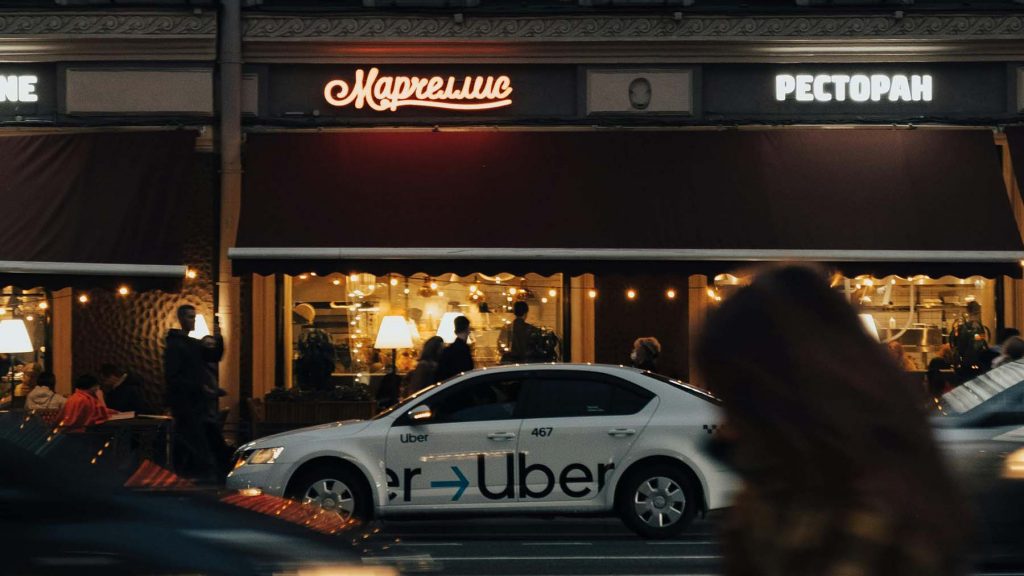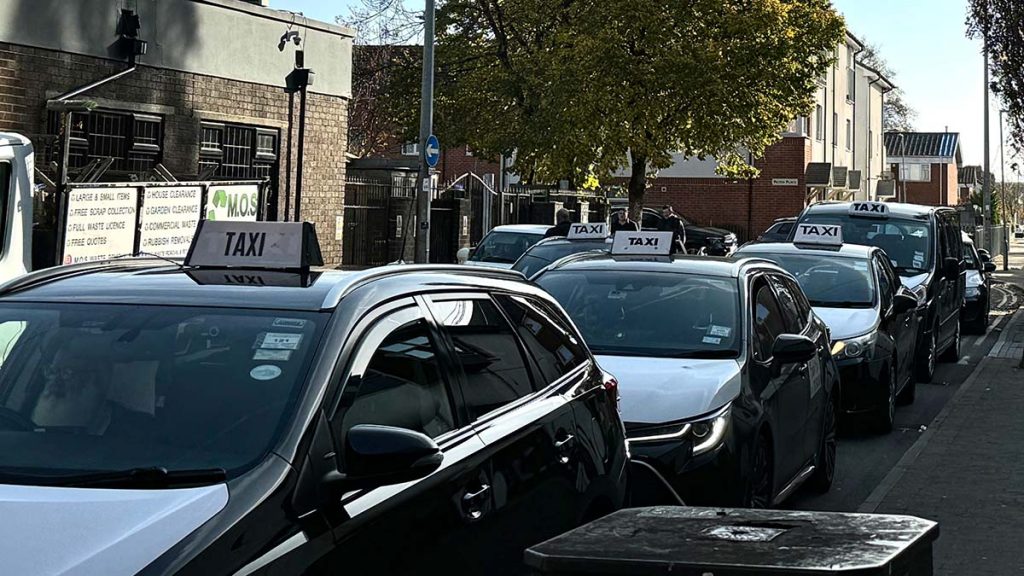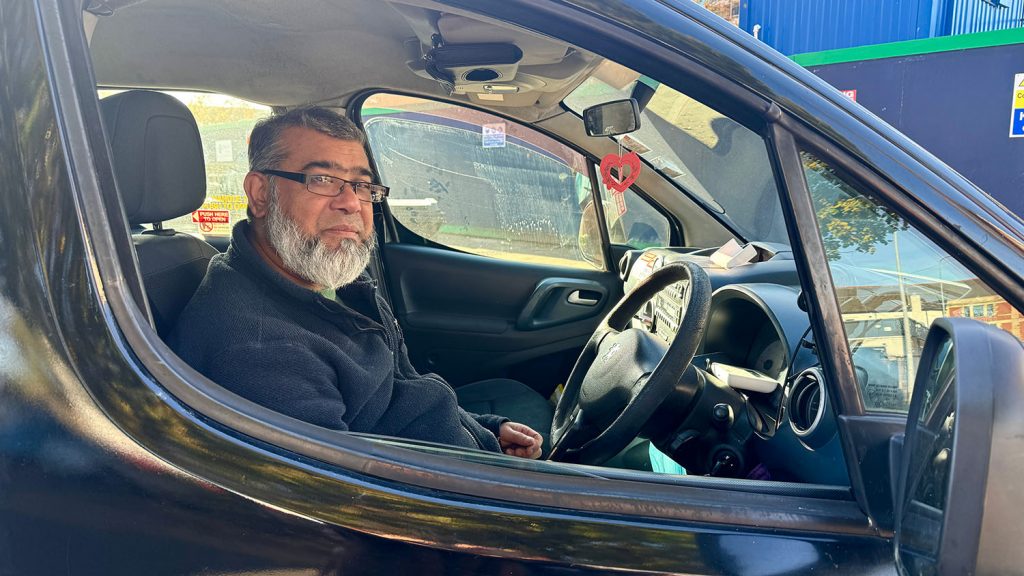700 taxi drivers in Cardiff are challenged by ride hailing platforms and the lack of support from the council.

Traditional taxi drivers in Cardiff’s Canton area are struggling with double pressures from Uber competition and the diminishing parking spaces.
Around 700 taxi drivers in Cardiff are facing the challenges from the expanding demand of online ride-sharing services and the broken promise by the city council for increased parking space.
The impact is particularly visible in Canton, where drivers like Ali Miah have witnessed a lot of changes over two decades. “Uber drivers are everywhere, and it’s hard to compete,” said Miah, a 23-year taxi operator. “The council is giving out licenses like candy, but where’s the support for us?”

The situation worsened when the council broke its promise to create a feeder rank outside the Cardiff Central train station, where used to be a convenient spot for drivers parking in the rank to wait for customers.
On 26 June, Cardiff black cab drivers protested after being banned from waiting outside the train station for taxi rank spaces they paid to use, facing fines for violation.
An officer from the Unite the Union, a campaigning group for drivers, said “Cardiff council’s behaviour is disgraceful and is a direct attack on our members’ livelihoods. It made promises to support the trade that were put in writing by the chief executive Paul Orders. Now those promises have been reneged on.”
Recent data from the Welsh government reveals a significant change in the industry: of the 10,789 licenses issued by March 2023, 80% were classified as ‘Dual taxi/Uber driver licenses’. This trend reflects the growing pressure on traditional taxi drivers to adapt to new market conditions.
However, when asked about the shift, Miah declined to drive for the platform, saying, “They take too much from each fare. It’s not worth it for me.”

Drivers for Uber are told by the company that they will be charged a service fee of 25% for every fare collected, and sometimes it can rise up to 50%.%. If the passenger pays £10 a ride, the drivers often earn £6, not accounting for fuel, maintenance, and other operational costs.
In October, Uber drivers protested outside the company’s hub in Glasgow to demand better pay and job protection. They said their wages had plummeted in the last year despite prices rising for customers, and the company took an unfair slice of the fare.
For Miah and his colleagues, the future of their profession depends on finding a balance between traditional services and the new transformation of urban transport.
